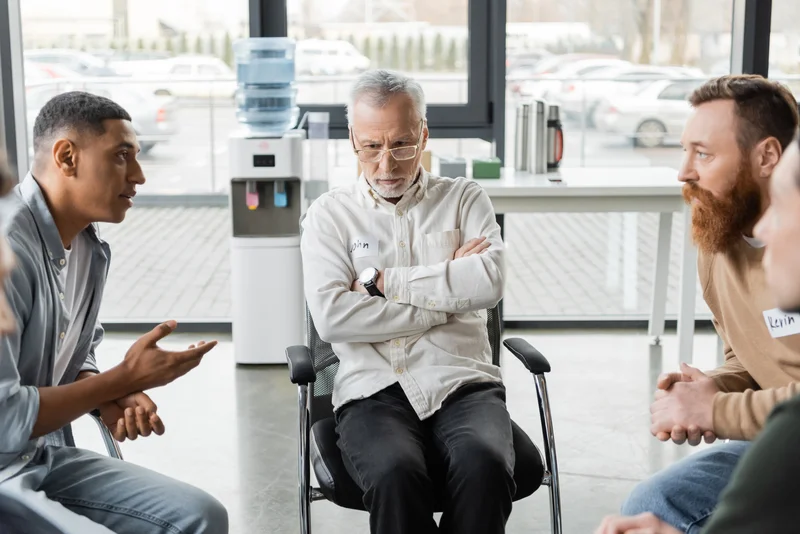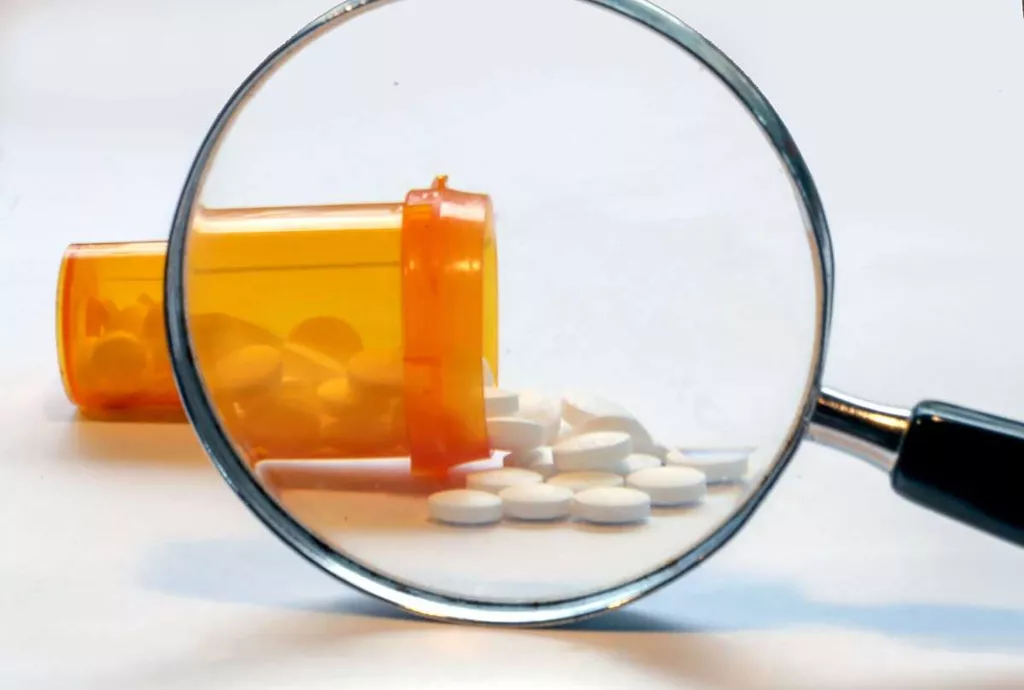
Alcohol tolerance is not a measure of how unaffected one is by alcohol. It simply means that individuals with higher tolerance may require larger quantities of alcohol to experience the same effects. There are somewhat what does being drunk feel like predictablestagesthat a person will go through when they drink alcohol. Thestages of intoxication varyfrom person to person based on a variety of factors.

Reach out now

There’s a reason why dopamine and serotonin are the body’s ‘feel-good’ hormones. Endorphins, https://ecosoberhouse.com/ on the other hand, calm the body down, making us euphoric and relaxed. If you have food in your stomach, the alcohol will stick around longer. Without food, though, it moves to your bloodstream a lot faster. The more alcohol in your blood at one time, the drunker you’ll feel. At the beginning of the study in 1985, all of the participants were healthy and none were dependent on alcohol.
- You should try to view getting tea drunk or tea high differently than you think of getting drunk on alcohol or eating edibles or tea made with marijuana.
- Some people may be at risk of alcohol overdose after just a few drinks, especially if they are young, small, or do not often drink.
- In this section, we will explore the introduction to being drunk and gain an understanding of the different levels of being drunk.
- You are unable to control your movements and emotions and may feel confused or find it difficult to stand.
- Cultural attitudes towards drinking can shape how individuals perceive and engage in alcohol consumption, influencing drinking patterns and social norms.
How fast you knock ’em back

Alcohol can help reduce social anxiety, making it easier for individuals to connect with others and participate in group activities. With 1-3 drinks for women and 2-3 for men, individuals often feel more confident, talkative, and less inhibited. This stage is marked by a sense of euphoria and increased sociability.
Habits for Proper Mental Health
If you choose to drink alcohol, doing so responsibly can help you stay away from hangovers. Although alcohol misuse can be difficult to live with, it’s treatable. It’s possible to manage your symptoms well, feel better, and improve your quality of life. Differentiating between being drunk and alcohol poisoning is crucial for ensuring appropriate action and care. If left untreated, alcohol poisoning can lead to medical complications (and, in some situations, death). The fluctuations in blood sugar that accompany drinking can lead to negative moods, which might include anxiety and anger as well as mood instability.
What are the long-term psychological effects of frequent drinking?
Personal circumstances and mood also play a role what is alcoholism in determining effects. These occur as alcohol begins slowing down the central nervous system. Movements and reflexes start becoming delayed and uncoordinated.
- At the beginning of the study in 1985, all of the participants were healthy and none were dependent on alcohol.
- Drunkenness can also cause people to behave impulsively or say things they wouldn’t normally say.
- Conversely, in a negative social context, alcohol can exacerbate conflicts and lead to aggressive behavior.
- Just because you can get tea drunk on white tea, green tea, black tea, and pu-erh tea doesn’t mean you necessarily have to each time you drink tea, or that you will.
- Regular heavy drinking can also contribute to the development of alcohol dependence and addiction.
- Green tea boasts fantastic l-theanine levels, which may be why some tea drinkers feel a special type of high when they consume matcha green tea in particular.
As if feeling awful weren’t bad enough, frequent hangovers also are linked with poor performance and conflict at home, school and work. Limiting how much alcohol you drink at one time is the most effective way to minimize the possibility of a hangover. It’s a good idea to have someone on hand to let you know if you’re perhaps consuming too much.
- But how can this small thing cause such a profound effect on our bodies?
- For more detailed information on how alcohol makes you drunk, check out this article.
- If they show signs of alcohol poisoning, seek medical help immediately.
- But it’s different from a hangover, which may or may not include a headache.
- First-time drinking might seem intriguing or overwhelming, but it’s not something to take lightly.
- It should not be used in place of the advice of your physician or other qualified healthcare providers.
Signs and Symptoms of Different Levels of Intoxication
How much you consume, your body weight and metabolism, the type of tea you drank, and what you ate earlier can all play a role in how long the effects linger. If you’re in a social setting where others are drinking, it’s important to recognize the signs of intoxication in your friends or loved ones. If someone is showing symptoms of severe intoxication—such as slurred speech, trouble walking, or vomiting—it’s time to intervene and help them stop drinking. Many people are curious about how alcohol affects the body, both physically and emotionally. In this article, we’ll break down the experience of being drunk, how it feels at various stages of intoxication, and the risks that come with alcohol use. When people drink, all their different physical and genetic factors combine with how much they are drinking and how quickly.
The Science Behind Alcohol and the Brain
The experience of alcohol intoxication is different for each person. Those who have not experienced alcohol intoxication may wonder what it feels like to be “drunk.” It can affect mood, speech, judgment, and more. A person will enter the euphoric stage of intoxication after consuming 2 to 3 drinks as a man or 1 to 2 drinks as a woman, in an hour. Older people, people who have little experience drinking, females, and smaller people may have a lower tolerance to alcohol than others. Taking drugs before drinking and/or not eating can also increase the effects of alcohol on the body. It’s possible to reduce hangover symptoms by eating food and drinking plenty of water while you’re consuming alcohol, but there’s only so much you can do to avoid one.


